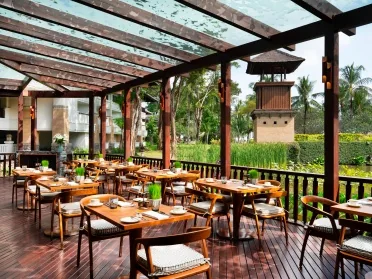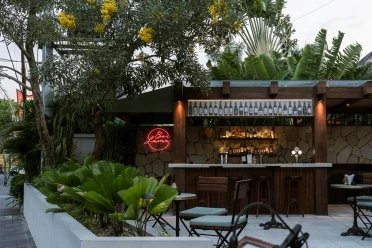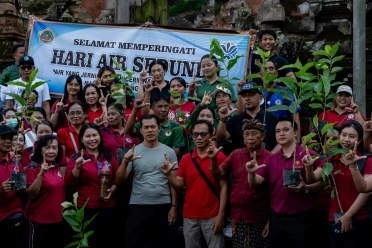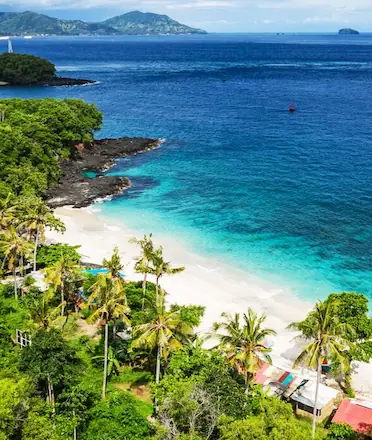Indonesia’s Golden Visa policy, introduced in 2024, offers a residency-by-investment program designed to attract foreign investors, global talents, and corporations. By allowing qualified individuals and organizations to secure long-term residency, the program aims to foster economic growth and create opportunities within Indonesia. While the policy has generated nationwide interest, its uptake in Bali, especially in property and hospitality sectors, has been slower than expected. This article explores how the Golden Visa could impact Bali's tourism and economy, and who stands to benefit from it.
By allowing qualified individuals and organizations to secure long-term residency, the program aims to foster economic growth and create opportunities within Indonesia.
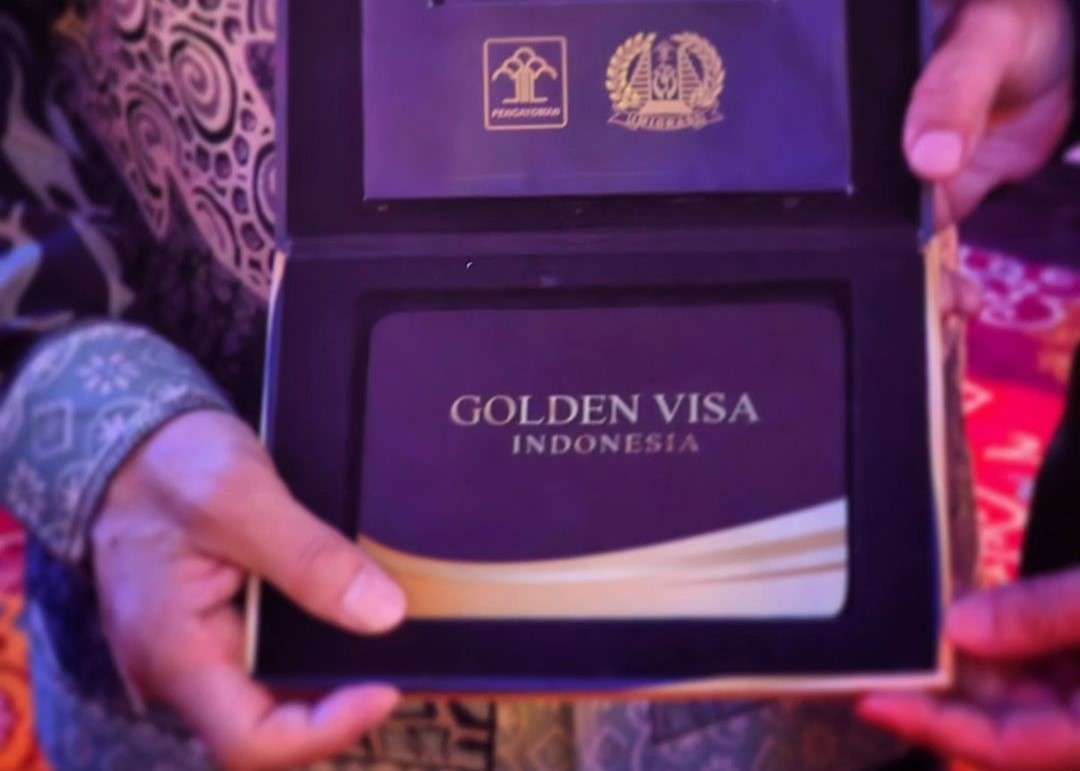
What is Indonesia’s Golden Visa?
The Golden Visa offers long-term residency, typically ranging from five to ten years, to applicants who make substantial financial investments in Indonesia. Eligible applicants include individual investors who establish businesses, purchase government bonds, or invest in stocks, as well as corporate entities setting up subsidiaries or branches. Global talents invited by the government to contribute to strategic sectors also qualify.
To participate, applicants must invest a minimum of USD 350,000, depending on the specific category. This initiative is intended to stimulate economic, social, and cultural development, with investments directed toward sectors like infrastructure, property, hospitality, and tourism—all crucial areas where Bali plays a significant role.
Who Should Apply for Indonesia’s Golden Visa?
Indonesia’s Golden Visa is designed for individual investors, corporate entities, global talents, and former citizens. Investors who establish businesses or purchase government bonds/stocks contribute to economic growth, while companies seeking to expand into Indonesia can secure long-term residency. Global talents, such as Shin Tae Yong, the first recipient of the Golden Visa and former head coach of Indonesia's national football team, are recognized for their significant contributions. Shin's leadership in football highlights the program’s objective of attracting individuals who foster development across various sectors.

How Golden Visa Could Impact Bali’s Tourism
Bali, a renowned global tourist destination, could greatly benefit from the Golden Visa program, particularly in the tourism sector. The program has the potential to attract investment in several areas that would enhance Bali’s appeal and ensure sustainable growth.
1. Investment in Sustainable Infrastructure
The Golden Visa could lead to increased investments in eco-friendly tourism infrastructure. Investors may contribute to the development of sustainable resorts, luxury hotels, and high-end tourism experiences that cater to eco-conscious travelers. Additionally, investments could go toward improving waste management, renewable energy solutions, and water conservation, helping Bali maintain its natural beauty while accommodating a growing number of tourists.
2. Enhanced Tourism Offerings
By attracting global talent, such as renowned chefs and hospitality experts, the Golden Visa could diversify Bali's tourism offerings. These experts could introduce high-end dining experiences, unique cultural tours, and luxury services that appeal to a broader range of international travelers. This would strengthen Bali’s position as a world-class destination while providing tourists with more specialized experiences.
![]()
3. Growth of Property and Real Estate Markets
Bali’s real estate market is integral to its tourism industry. The Golden Visa could encourage investments in luxury villas, boutique hotels, and commercial properties, boosting the property sector. Foreign investors could build or renovate properties aimed at high-end clients, helping to elevate Bali’s tourism offerings. Additionally, expatriates and entrepreneurs could purchase residential properties or vacation homes, stimulating the local economy.
4. Promoting Arts and Culture
Global talents could also contribute to Bali’s cultural tourism by creating new art, performance events, and cultural initiatives. These efforts would increase demand for local handicrafts and performances, benefiting the local community while attracting tourists seeking authentic cultural experiences. Bali’s fusion of traditional arts and global innovation could set it apart as a unique destination.
Current Impact and Challenges
While the Golden Visa program has attracted interest, Bali has seen limited uptake in property and hospitality sectors. Bali’s tourism market is competitive, and environmental and infrastructural challenges, such as water scarcity and waste management, remain concerns. It is crucial for investors to balance development with conservation to preserve Bali’s environment and culture while promoting sustainable tourism growth.

The Golden Visa is a key part of Indonesia’s strategy to position itself as a global hub for talent and investment. In Bali, it represents an opportunity to embrace sustainable tourism while enhancing the island’s economic growth. By prioritizing investments that support environmental conservation and local culture, Bali can continue to thrive as a beloved global tourism destination for generations to come.




 Billy Bagus
Billy Bagus
 Jan 23, 2025
Jan 23, 2025
